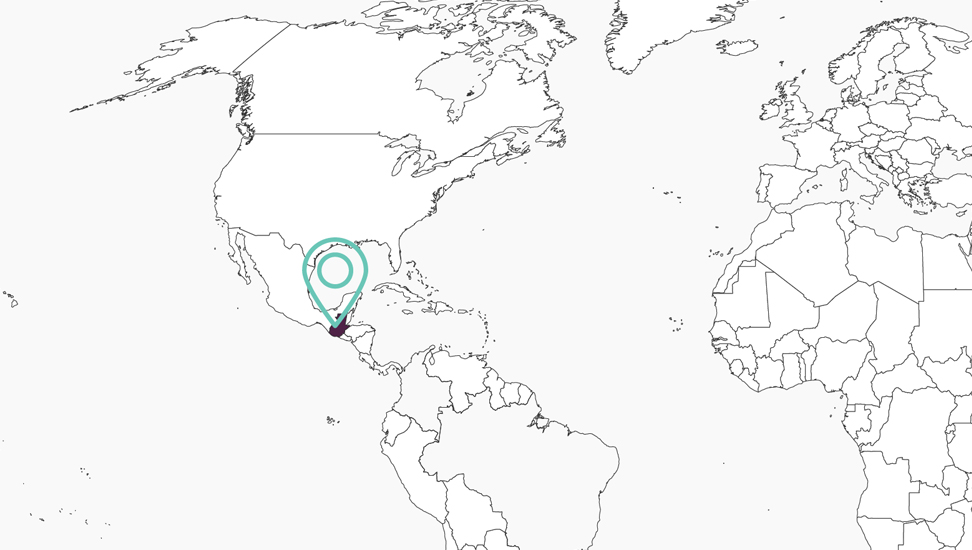Featured Coffee Fridays
Featured Coffee Fridays: Guatemala
Our fair trade, organic Guatemala coffee is from the San Marcos region. Each cup is balanced, mellow, sweet and citric with chocolate, berry and peanut flavors.
About Our Guatemala Coffee
Asociación de Productores de Café Diferenciados y Especiales de Guatemala (ASPROCDEGUA) is a producing organization with 664 contributing members. The producing members own small farms on which they plant coffee as well as other crops for diversification, including bananas, citrus fruit like oranges, lemons, avocado, guava,
History
While coffee came to Guatemala in the late 18th century, cultivation of the crop began to gain steam in the 1860s, with the arrival of European immigrants who were encouraged by the Guatemalan government to establish plantations. Seeds and young coffee plants were distributed as encouragement, as the country’s main export crop (indigo) had recently failed, leaving the population somewhat desperate to find an agricultural replacement. By the late 1800s, Guatemala was exporting more nearly 300 million pounds of coffee annually. Until 2011, it was among the five largest coffee-producing countries in the world, though in recent years it has been outperformed by Honduras.
A large percentage of Guatemala’s population, and therefore also the coffee sector, identifies with one of more than 20 officially recognized indigenous groups, and most of the farmers are smallholders who are either working independently of one another, loosely associated by proximity and cultural ties, or formally affiliated in cooperative associations.
In 1960, coffee growers developed their own union, which has since become the national coffee institute Anacafé (Asosiación Nacional del Café), which is a research center, marketing agent, and financial organization that provides loans and offers support to growers throughout the various regions.
Starting in 2012 and lasting for several years, an outbreak of coffee-leaf rust proved a tremendous obstacle for coffee production in the country, reducing yields by as much as 25%, and causing the government to declare a state of emergency. Farmers attempted a combination of chemical and organic treatments, intensely targeted pruning, reduction of shade plants, and replacing susceptible varieties like Bourbon, Caturra, and Catuai with more leaf-rust-resistant ones.

